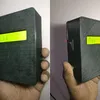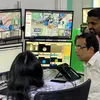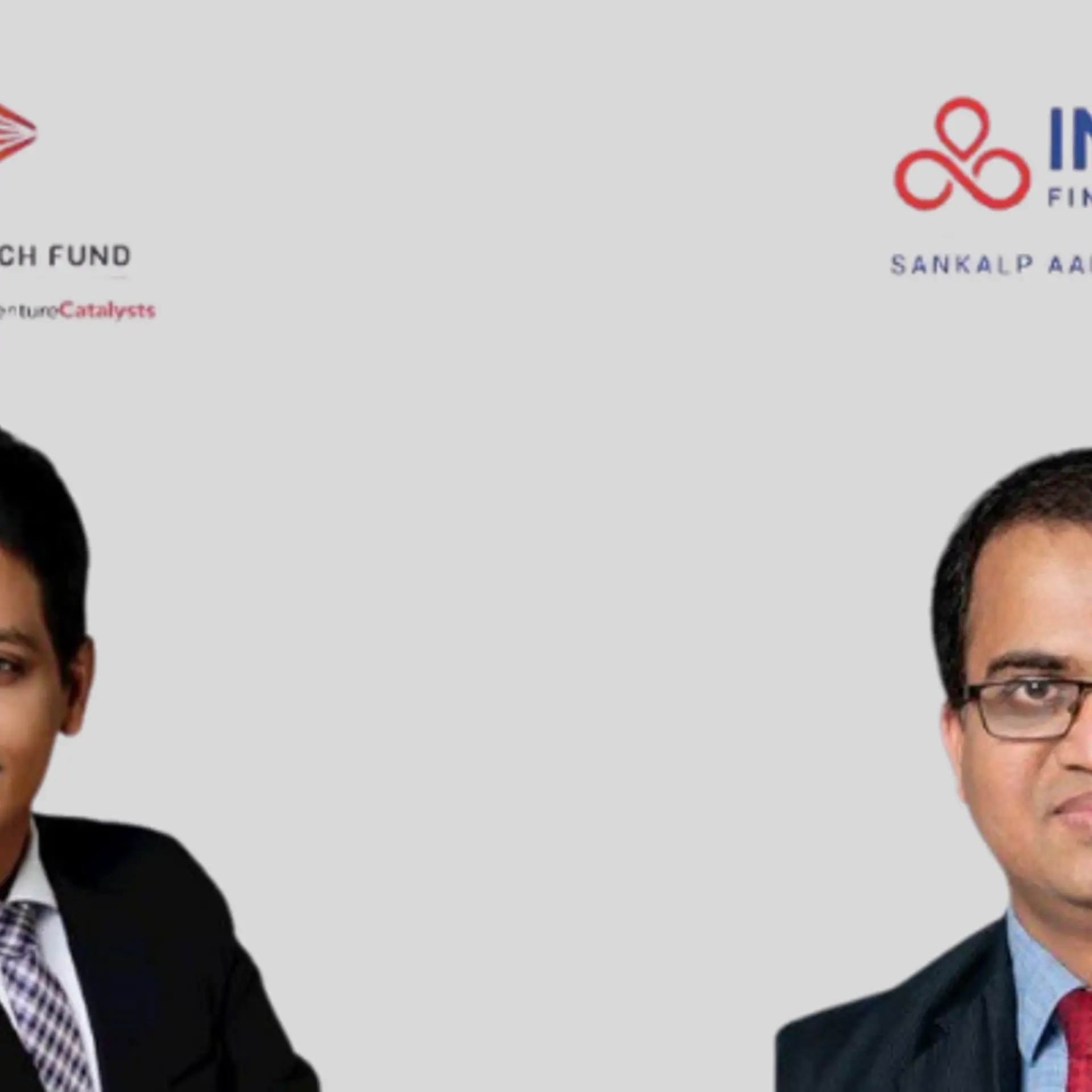This AI-based speech-to-text tool is helping doctors maintain accurate medical records faster
Launched by the Mumbai-based company Scribetech, Augnito converts human voice to written text in real-time and empowers healthcare providers to reduce medical errors, save time as well as achieve good patient care.
In today’s digital era, most entities including startups, business enterprises and government bodies are moving away from the traditional pen-paper methods of data creation and maintenance to electronic record-keeping. Not only does this enable them to make informed decisions, but also helps in setting the right goals and utilising the resources well.
However, when it comes to the healthcare industry, progress has been passive. Despite the Ministry of Health and Family Welfare introducing the National Digital Health Blueprint in 2019 as well as setting standards for the integration of electronic records in 2016, only a handful of diagnostic centres and hospitals have implemented it.
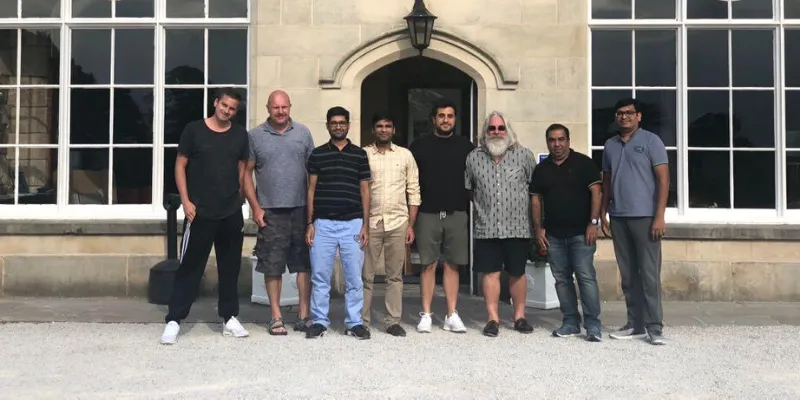
The development team of Augnito and Scribetech.
Kerala is one of the few states in India which has successfully stored medical details of over 2.58 crore individuals through its ‘eHealth project’.
Building and managing electronic health data has several advantages. It reduces medical errors, saves time, eliminates inefficiencies, and helps in achieving good patient care.
To document medical records in a better and faster way, Scribetech, a Mumbai-based clinical transcription company, has launched its medical speech recognition solution in India.
Known as Augnito, the tool helps doctors and medical professionals to complete reports through dictation, rather than typing words on devices.
“Augnito is a cloud-based speech-to-text software driven by artificial intelligence which can convert human voice to written text in real-time. Since we have developed it by feeding in all the medical terminologies, it is capable of empowering healthcare providers and amplifying their Electronic Medical Records systems (EMR),” Rustom Lawyer, Co-founder, Augnito, tells SocialStory.
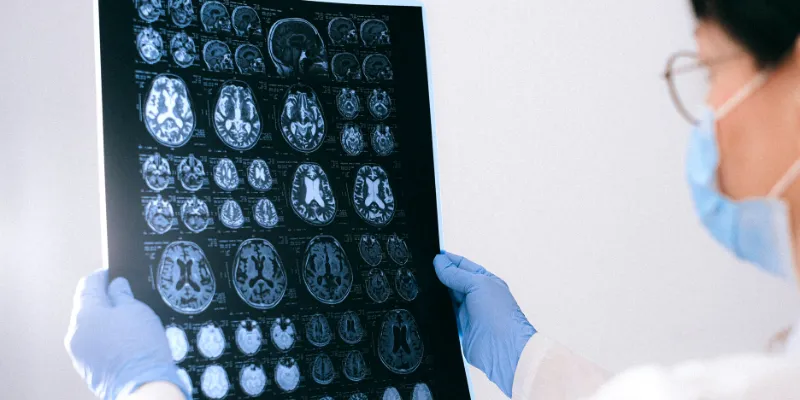
A representational image of a doctor observing a scan.
Image credits: Anna Shvets, Pexels
The founding phase
While Rustom was pursuing a degree in Entrepreneurial Studies from the American InterContinental University in US, he became inclined to set up his own business. At the age of 19, he embarked on an entrepreneurial journey with Shiraz Austin and founded Scribetech. Shiraz at the time was running an export-import business and had completed his executive education from Harvard and Stanford.
“After identifying and realising multiple gaps in the UK’s medical transcription systems, we decided to build Scribetech in 2001 – a services-based BPO to create efficient clinical documentation. And, in the years since, we transformed ourselves into an AI-driven SaaS company,” recalls Rustom.
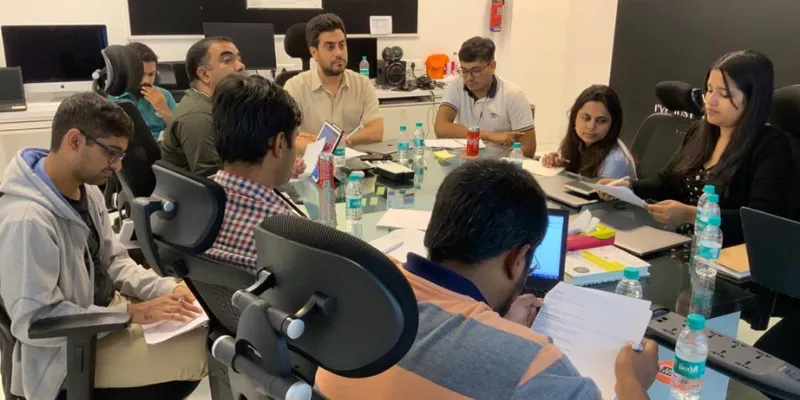
Rustom working with his team members to build Augnito.
Some of Scribetech’s major clients in the UK include a slew of hospitals tied to the publicly-funded National Health Service such as Chelsea and Westminster Hospital, Birmingham Trust, and Kingston Hospital, among others.
Rustom spent the last decade attending Executive Programmes just like Shiraz had done, at Harvard Business School and Massachusetts Institute of Technology, and researched about which markets he can enter. That’s when he found out about the low rate of adoption of digital documentation in the Indian healthcare ecosystem. He decided to build software to produce quality medical reports covering more than 50 specialties right at the source.
It took Rustom and his team of 70 members seven years to research, test and come up with the tool – Augnito. During this period, they worked with many PhD scholars and academic institutions like IIT-Bombay to improvise the offering in a step-by-step manner.
“We had a tough time initially. But we made it happen with a whole lot of patience and hard work,” quips Rustom.
How does Augnito work?
Augnito can be accessed by doctors on any desktop in their hospital through an API and SD cable. Versions of the software are also available on the web and smartphones.
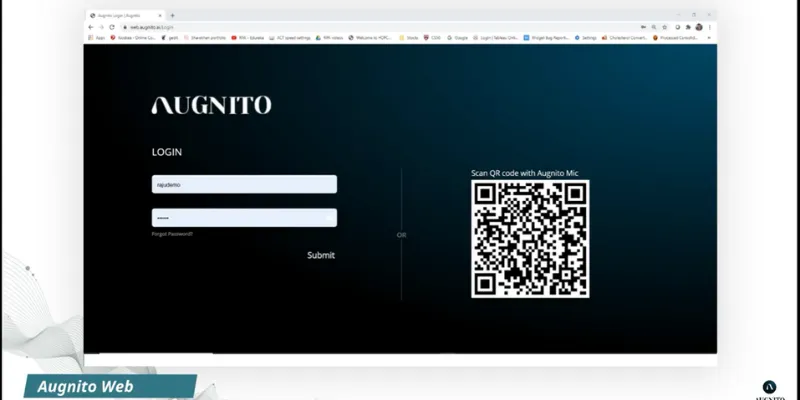
The login screen of the Augnito software.
“We wanted Augnito to be at the disposal of doctors and enable them to use it anytime, anywhere. Hence, we used HTML and an app (both iOS and Android),” adds Rustom.
Once installed, all that doctors need to do is set up a profile and key in details like user identification and password. When the software opens, they are free to dictate patient details and vitals, observations, treatments prescribed, medicines administered, etc. As soon as the voice is heard, the software begins converting the audio to text, and this can be seen on the screen of the user itself. It also allows users to go back, refer or edit the documents.
Augnito has been designed to filter out background noise. Besides, the algorithms enable it to identify different accents with ease.
Another unique feature is that it enables medical professionals to set predefined content and templates for certain standard reports like MRI, blood tests, and ultrasound scans.
“The tool is ISO 270001 certified by the BSI. We have complied with guidelines laid down by the Global Data Protection Rules (GDPR), National Accreditation Board of Hospitals, and Healthcare Providers (NABH) guidelines. Since medical details are very sensitive, we prioritised protection of data since the beginning,” he notes.
While the basic SaaS model of Augnito is available for Rs 2,400 a month, the cost of setting up the API and integrating it with the existing system at hospitals is based on the usage.
“We did not rely on external funds. All the profits from Scribetech were ploughed into building Augnito. I consider one of our main competitors to be Nuance Communications which is an American multinational that has been offering cloud-based speech recognition and transcription solutions for the medical fraternity. Nonetheless, their software is pricier than Augnito,” says Rustom.
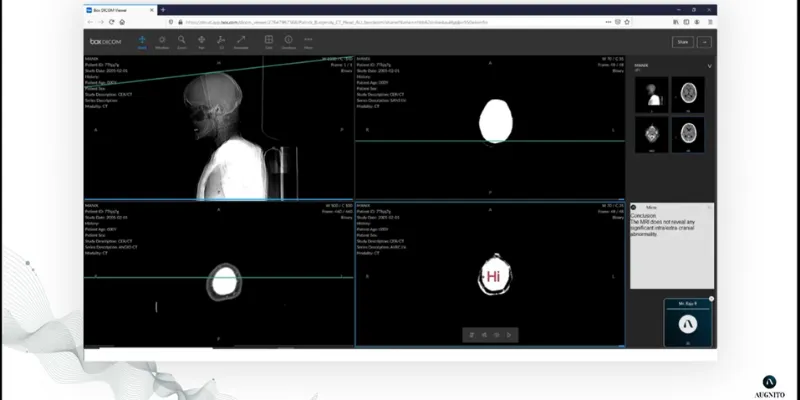
Observations being recoded real time through voice on Augnito.
Facilitating better patient care
According to a study conducted by Harvard University, around 5.2 million medical errors take place within the Indian healthcare system every year. Experts believe that most of these lapses are a result of a lack of clear communication and poor maintenance of medical data.
“The idea behind launching Augnito in India was to reduce such medical errors which sometimes cost human lives too. Besides, since the software is four times faster than the average speed of a person typing using keypads, it ends up saving at least one to two hours for doctors per day,” explains Rustom.
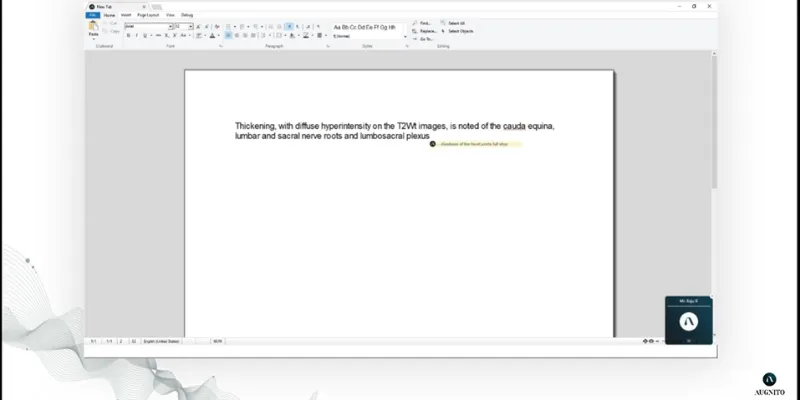
An interface from the AI-based tool to record medical details.
Coincidentally, Augnito was released in the market at a time when hospitals and healthcare centres were struggling to deal with the increasing number of COVID-19 patients. Hence, it also aided many doctors, nurses and medical staff to save time which would have otherwise been lost doing documentation, and would have led to additional stress as well as physical burnout.
Around eight hospitals are presently using Augnito to create medical records – Aarthi Labs and Scans in Chennai, Sarvodaya Hospital in Delhi, Ruby Hall Clinic in Pune, Breach Candy Hospital in Mumbai, SVS Medical College in Hyderabad, among others.
Dr Aditya Shetty, a Consultant Radiologist at Breach Candy Hospital, says that the experience of using Augnito was ground-breaking.
“Augnito, with its robust architecture, precisely follows the flow of my thoughts in the form of commands, helping me generate and finalise reports in a matter of minutes without relying on a transcriptionist or an assistant. This experience is further enhanced while using their mobile app. I can dictate reports by plugging in my AirPods and simultaneously viewing the scans,” he shares.
Edited by Kanishk Singh



